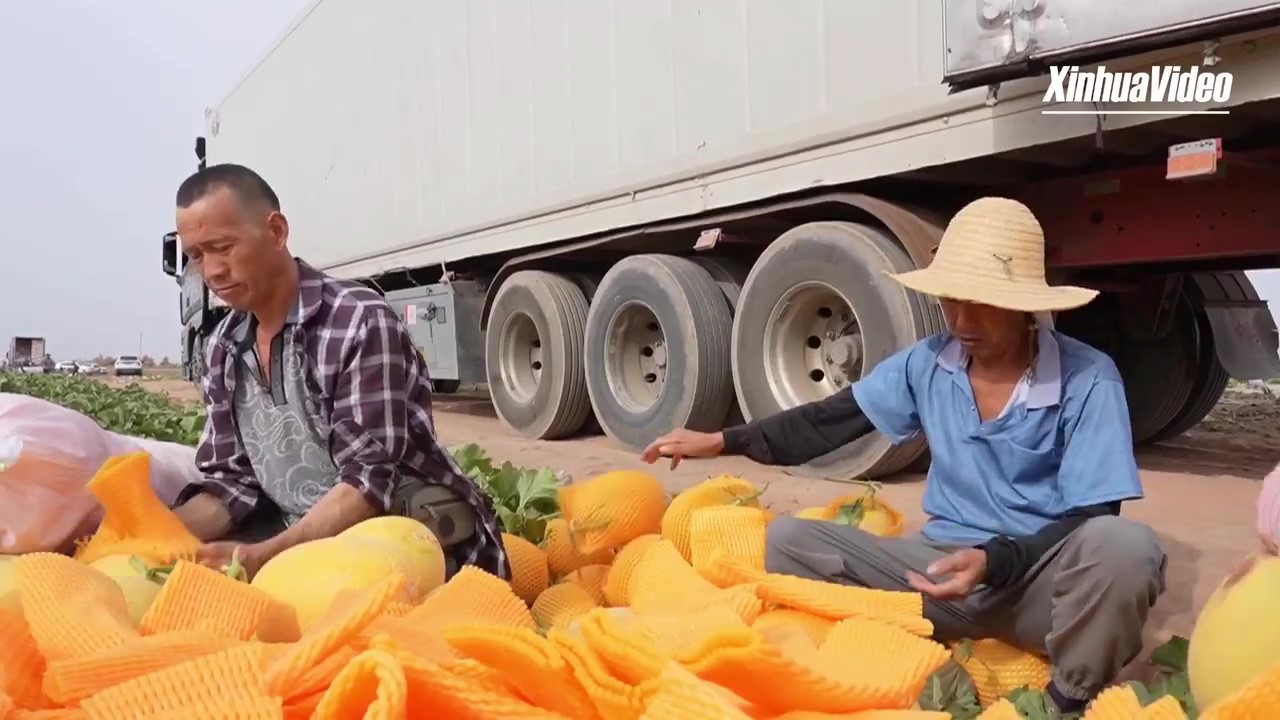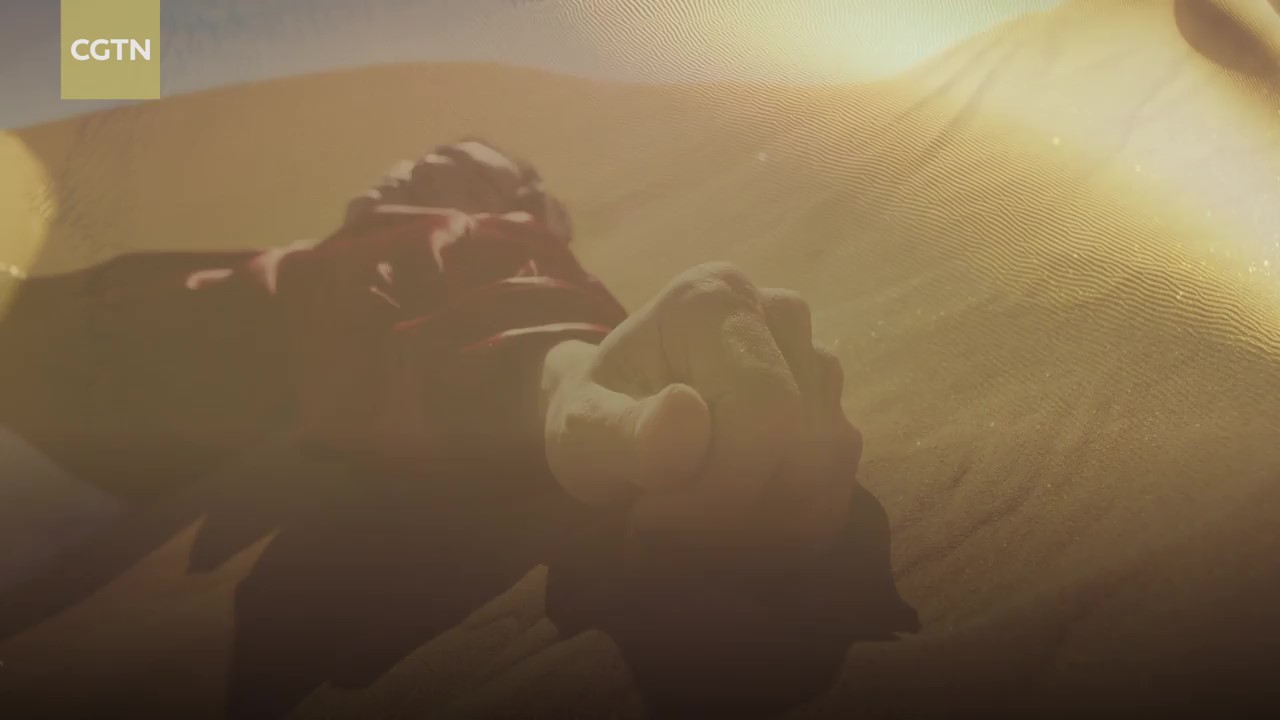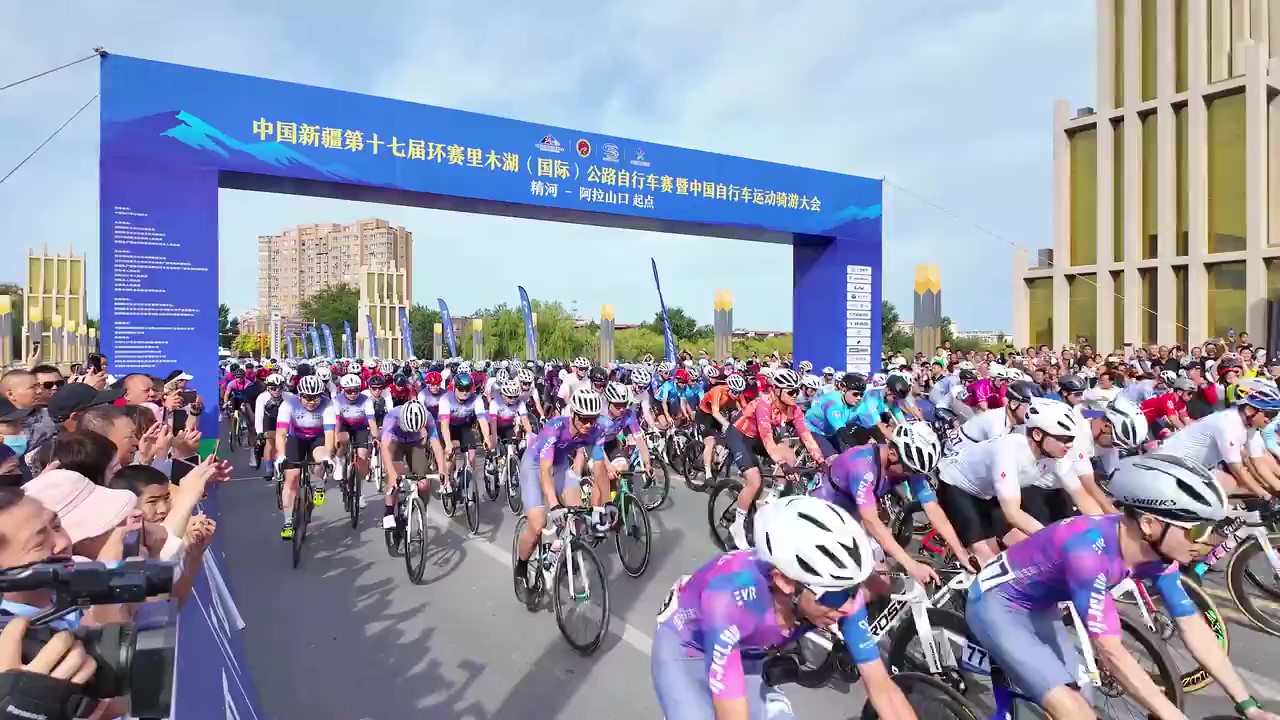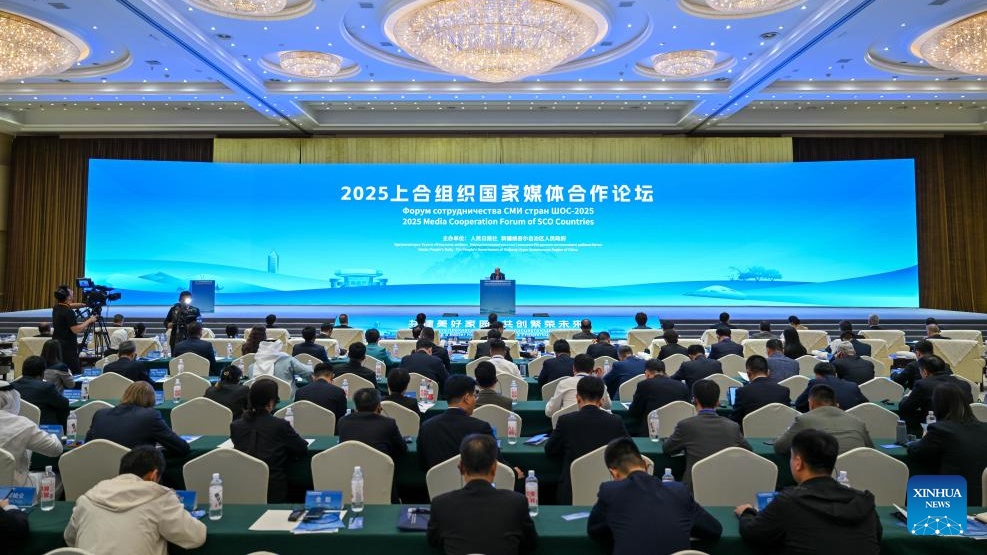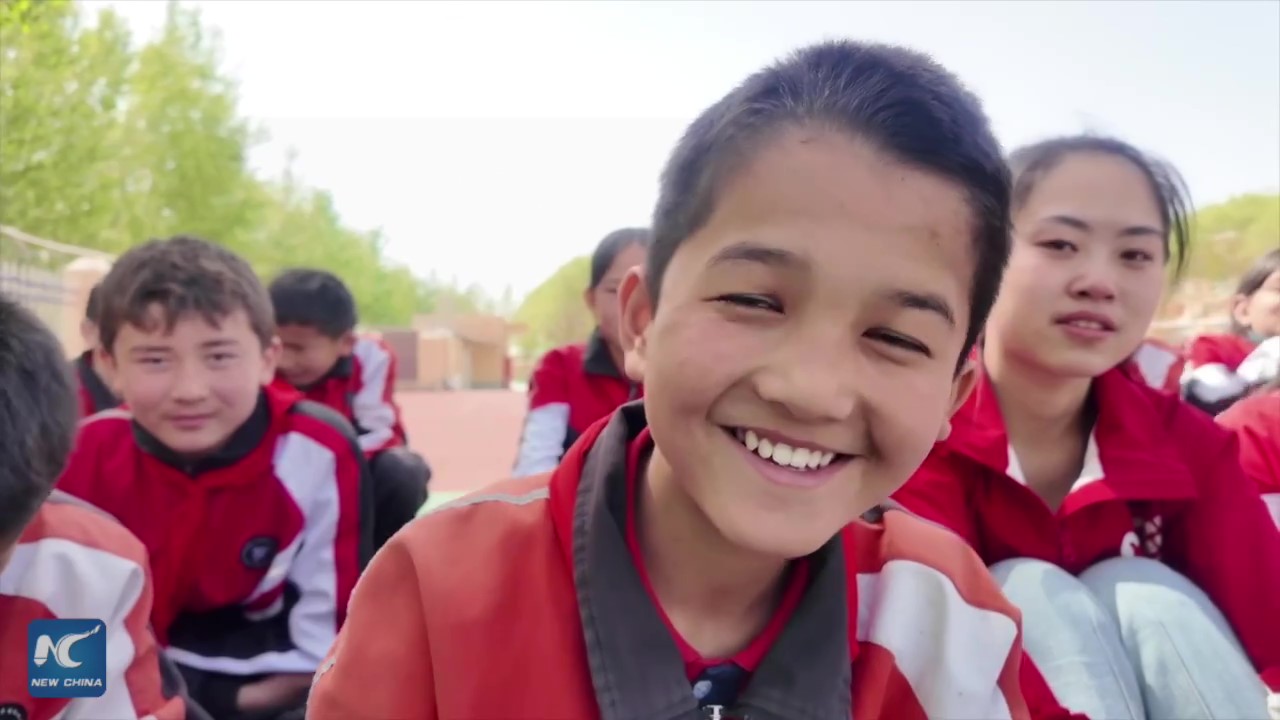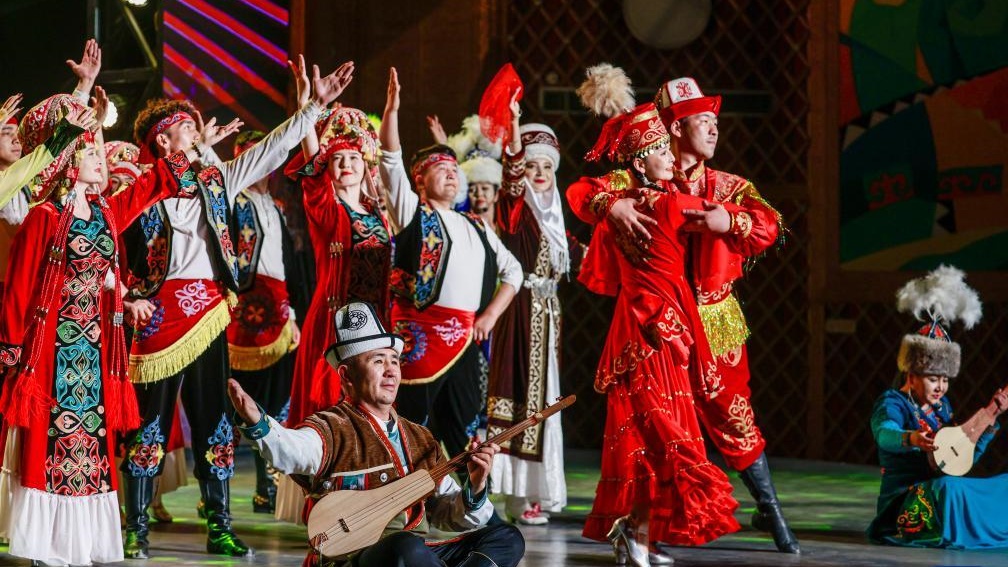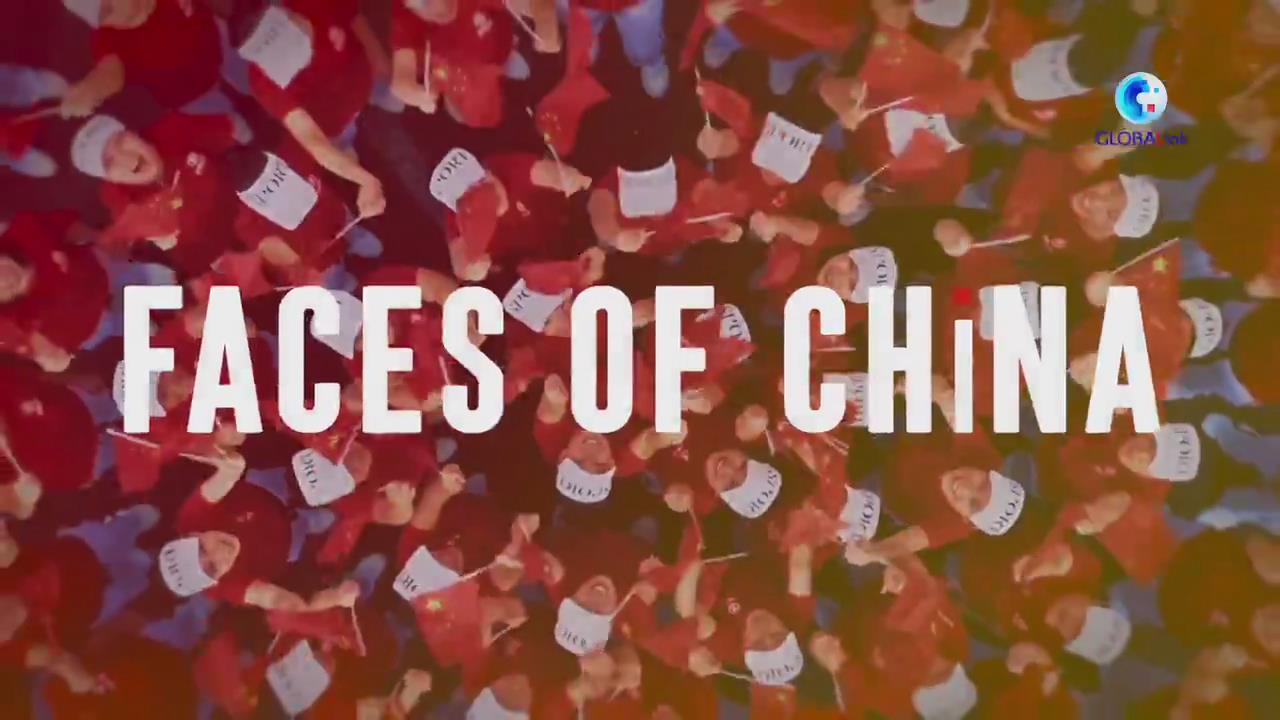Kader Rehman, an inheritor of traditional Uygur embroidery who was once ridiculed as the only male embroiderer in his village, is now leading a team of over 100 artisans in Hami city, northwest China's Xinjiang Uygur Autonomous Region, helping his fellow embroiderers boost their incomes with their skilled hands.
As a historical hub along the ancient Silk Road, Hami city has long been a crossroads where diverse cultures and civilizations converge. Hami Uygur embroidery, which draws inspiration from nature and geometric patterns, is a vivid reflection of the city's rich historical and cultural heritage.
Common motifs of Hami Uygur embroidery include peonies, lotus flowers, honeysuckle flowers, orchids, Lingzhi (also known as reishi), pomegranates, as well as auspicious animals.
In 2008, Hami Uygur embroidery was designated as a representative item of China's national-level intangible cultural heritage.
In the following year, 10 of Kader Rehman's embroidery works were showcased at a folk-art exhibition, receiving recognition from local experts.
By 2016, the establishment of a traditional craft workstation in Hami gave a major boost to the local embroidery industry.
More than 300 embroidery artisans from the city, including Kader Rehman, were sent to study at prestigious institutions such as Tsinghua University's Academy of Arts and Design in Beijing, and Guangzhou University in Guangzhou, south China's Guangdong Province.
Through a training session for Hami Uygur embroidery held at Guangzhou University, Kader Rehman learned the techniques of more embroidering styles in China and integrated them with the traditional Hami Uygur embroidery techniques to create innovative designs.
With the support of the traditional craft workstation, Kader Rehman's works attracted wider attention. A cultural company offered him a position as chief designer with an annual salary of 100,000 yuan ($13,639.03).
Thanks to a steady stream of orders from the company, Kader Rehman's team of embroiderers expanded rapidly, from just five or six artisans to more than 100 local embroiders.
These skilled workers can now increase their incomes without leaving their homes, creating a wide variety of products that are sold as souvenirs and gifts at tourist destinations across Xinjiang.
By the end of 2024, Kader Rehman's team had completed over 700 different types of orders, with the embroidery products ranging from phone cases and notebooks to dolls, fridge magnets, and brooches. The total value of these orders exceeded 1 million yuan.


.png)

.png)

.png)




